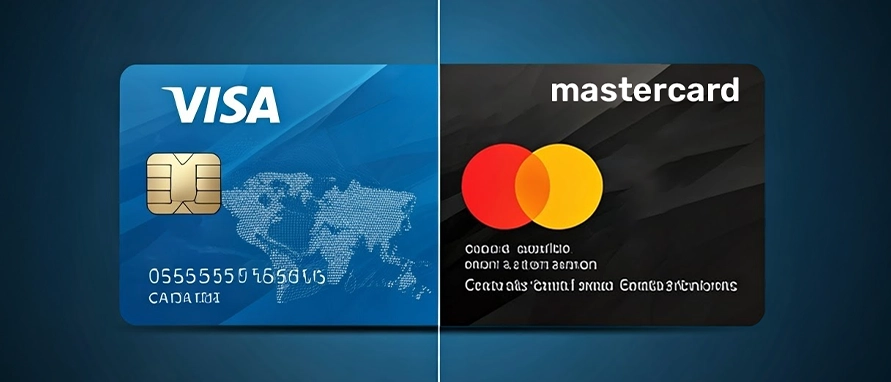Visa and Mastercard are two of the world’s largest payment networks. Given how their revenue structure and presence are, they're quite similar in how they work. Hence,you need not worry too much about which of these to choose.
However, it’s best to be informed so you can make smart financial decisions. Most often, the difference between Mastercard and Visa credit cards is not because of the payment network but because of the card companies and their policies. These issuers sometimes offer different kinds of features, benefits, fees, charges, etc. based on whether you opt for the Mastercard variant or the Visa variant.















